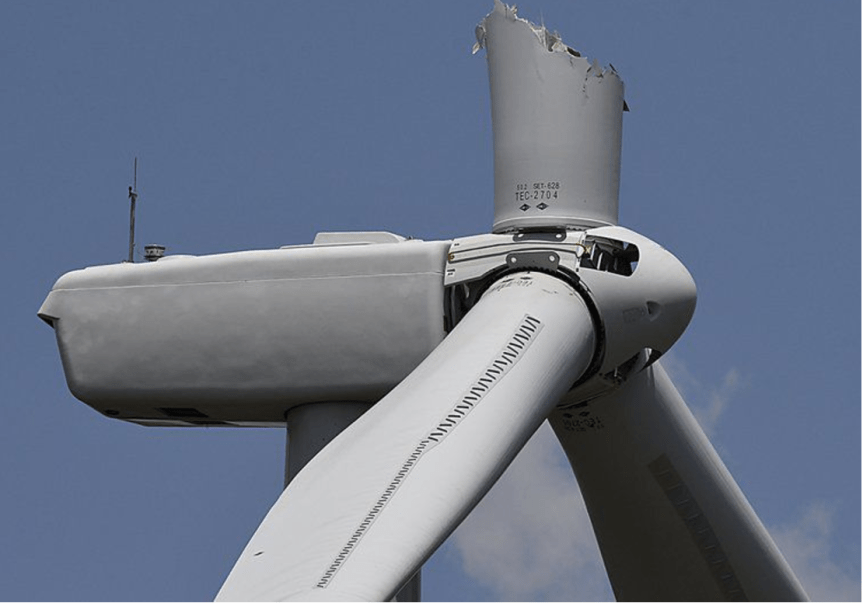Europe’s insatiable appetite for unreliable wind and solar has left Europeans hungry for any kind of power, provided it’s available on demand.
The French have rebooted investment in their 56 existing nuclear plants and are planning a further 14 to add to their enviable fleet.
The Brits and the Germans are stoking up their ‘ageing’ coal-fired power plants – although their purported decrepitude appears to be overlooked when they’re readliy delivering the goods on demand.
Adding more and more chaotically intermittent wind and solar to their grids has created an equally insatiable demand for gas, destined for use in fast-start open-cycle gas turbines, the kind that can be fired up in minutes to compensate for total and unpredictable collapses in wind and solar output.
Hooked on Russian gas, Europe is now being played by Vladimir Putin, as if it were a needy child desperate for that thing that’s always just out of reach.
It’s an energy debacle that was as perfectly predictable, as it was perfectly avoidable.
Conor Bernstein reckons Europe’s self-made energy disaster should be fair warning to his countrymen that it’s time for America to retreat on renewables and avoid the inevitable energy calamity that’s beset Europe.
Europe’s Self-Made Energy Crisis
Real Clear Energy
Conor Bernstein
31 January 2022
The European energy crisis is poised to go from very bad to unimaginably worse. While all eyes are on Ukraine and Russia, Europe’s energy woes are largely self-made, not due to outside forces.
Europe has made its own bed, disassembling dispatchable fuel diversity by closing well-operating coal and nuclear power plants. In doing so it has deepened its already troubling reliance on an insecure and volatile natural gas market dominated by Vladimir Putin. Europe is, in fact, more dependent on Russian gas today than it was when Russia annexed Crimea in 2014.
Meghan O’Sullivan, the director of the Geopolitics of Energy Project at Harvard University’s Kennedy School, told The Wall Street Journal, “For the foreseeable future, Europe will remain dependent—and possibly as dependent as ever—on Russian gas.”
Europe couldn’t have picked a worse bridge to its idealized energy future, and now European consumers are paying a galling price. In the 4th quarter of 2021, the International Energy Agency reported that average European wholesale electricity prices were more than four times their 2015–2020 average. Households are set to pay an average of 54 percent more for energy than they did two years ago. These are the prices before potential conflict erupts in Ukraine and an already tight European gas market is turned completely upside down.
In the UK, higher energy prices are poised to push an estimated 2 million additional households into fuel poverty, taking the total to 6 million, the highest level of fuel poverty in more than 25 years. What’s happening in Britain is playing out across the continent. And there’s growing acknowledgment that it didn’t have to be this way.
Despite ongoing efforts to push remaining coal capacity aside, coal is playing an essential role in navigating the crisis. As Bloomberg reported just this week, “Coal will play a vital role in helping to keep the lights on in Europe this winter …. The latest example of the fuel’s importance came on Monday as UK’s usage peaked at its highest level since March to help plug a gap in supplies.”
In Germany, coal also showed its importance in November and December, with power generation rising 16 percent from a year earlier. And in Spain, a coal plant forced into retirement three years ago has been given new life to keep the lights on and reduce gas consumption.
There’s no getting around it. Europe’s energy crisis is a failure of policy and a clear case study of the danger of disassembling the stability that comes with fuel diversity in a misguided, rushed, and irresponsible approach to the energy transition. The warning for American energy and climate policy is impossible to miss. Whether policymakers learn the right lessons remains to be seen.
Real Clear Energy



An excellent article. And yet, even though by means of fracking the problem could be corrected in a relatively short time, the Europeans, not to mention the UK, stubbornly resist having anything to do with the ‘F’ word. They would prefer to see people die of cold, which they most certainly will..